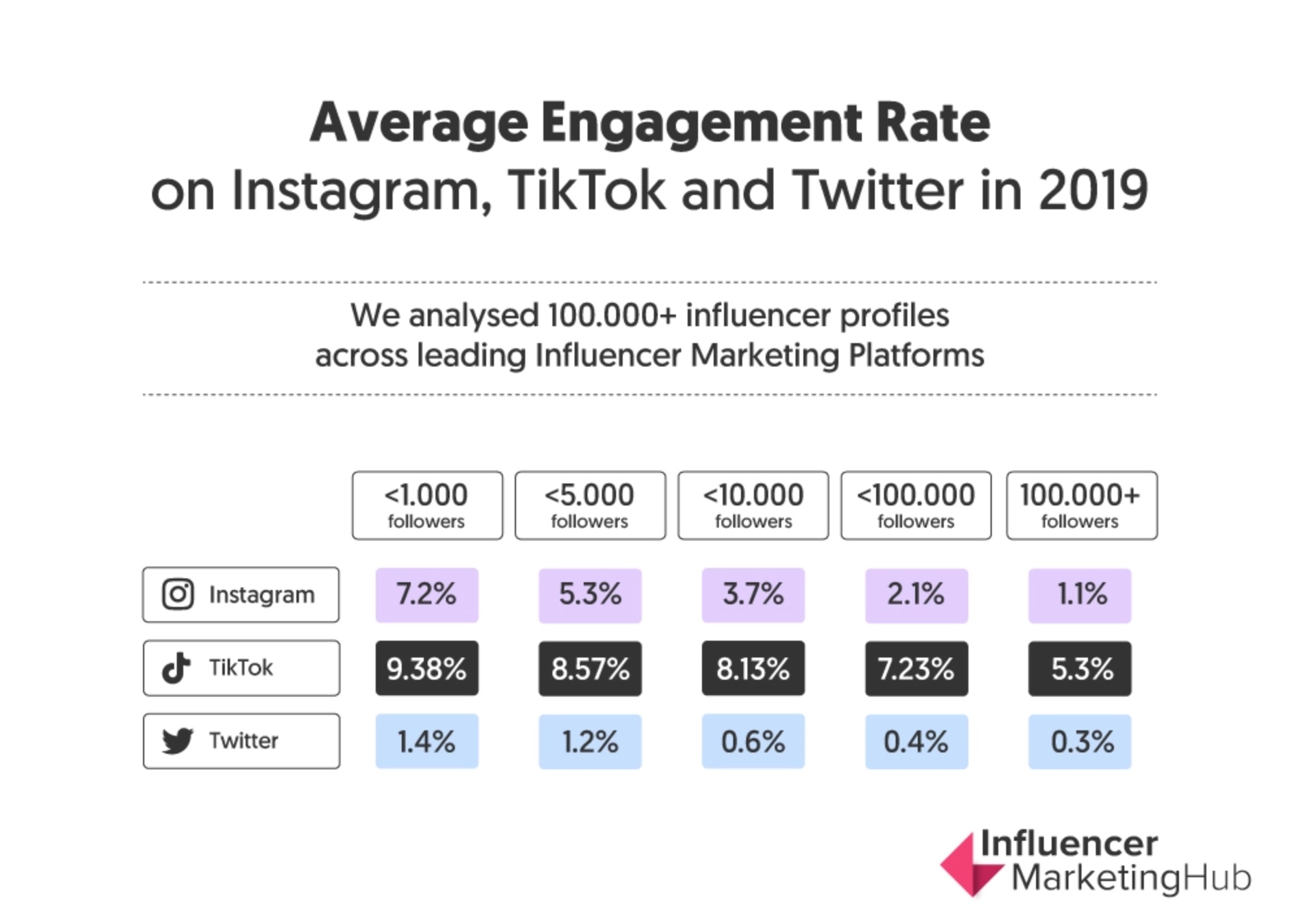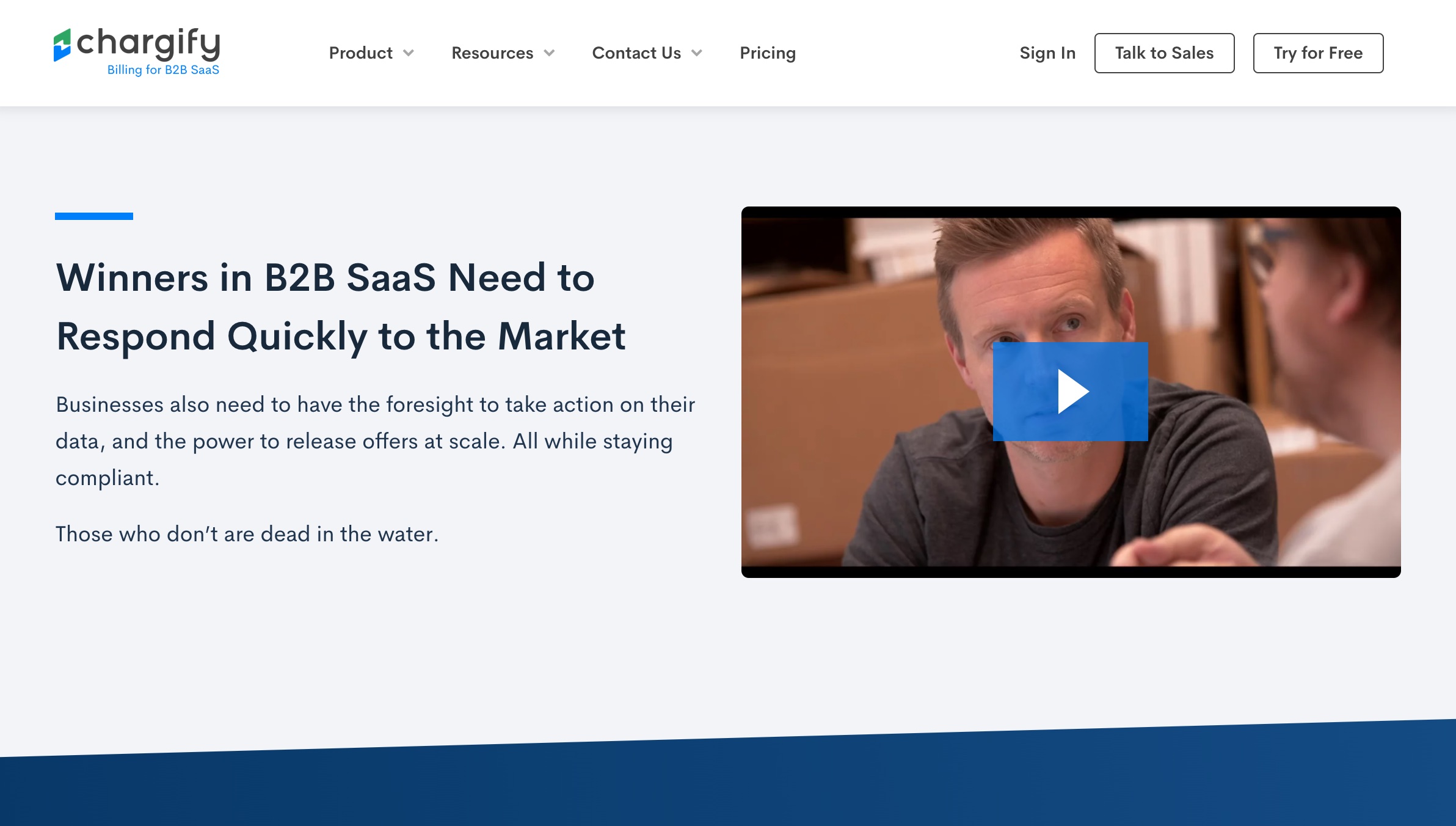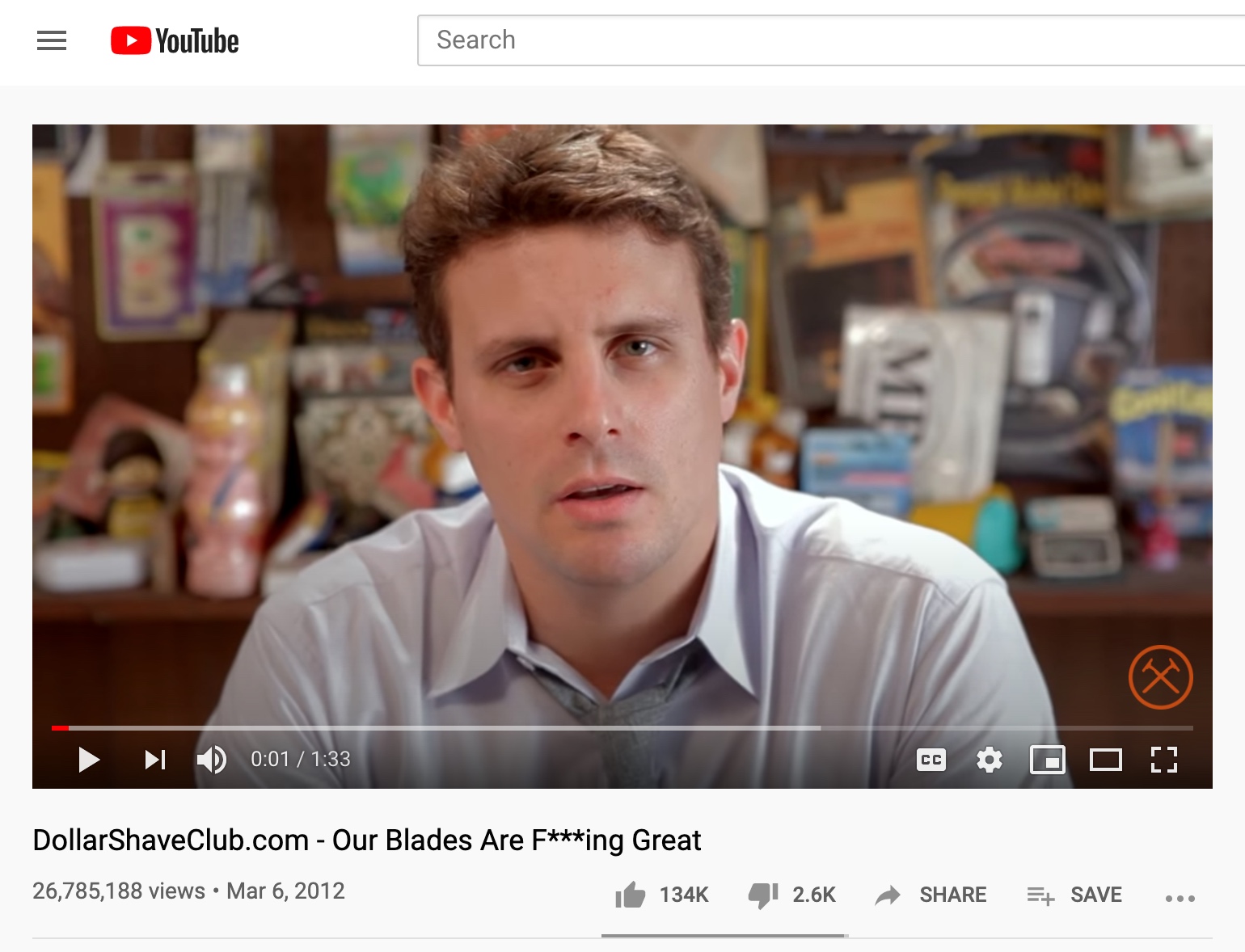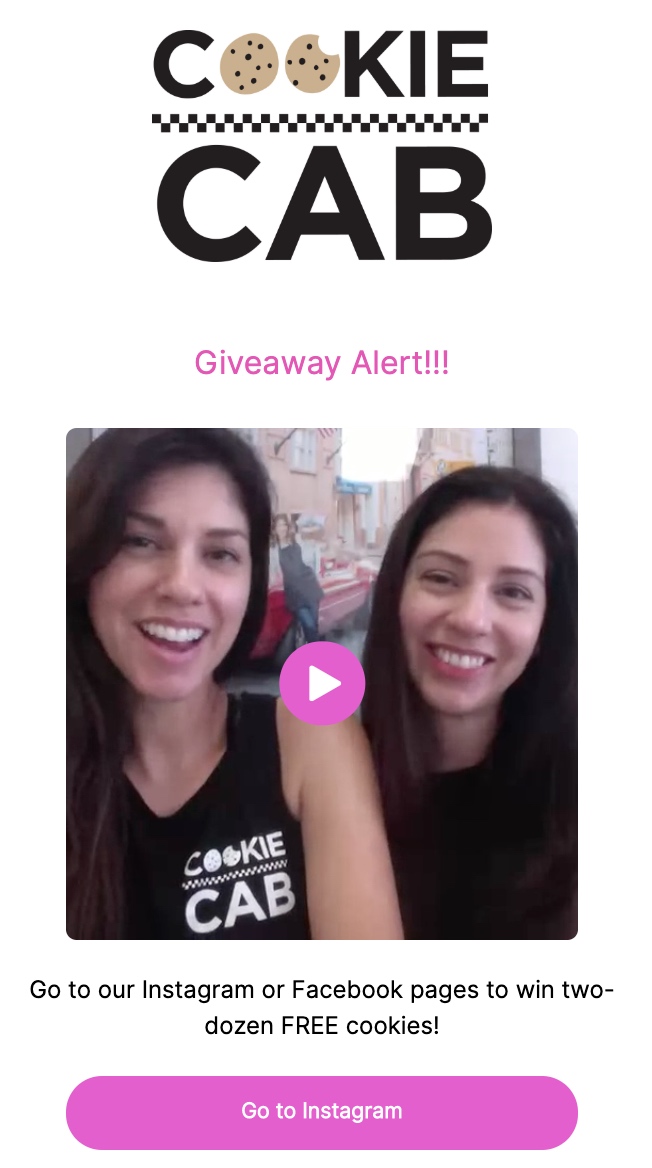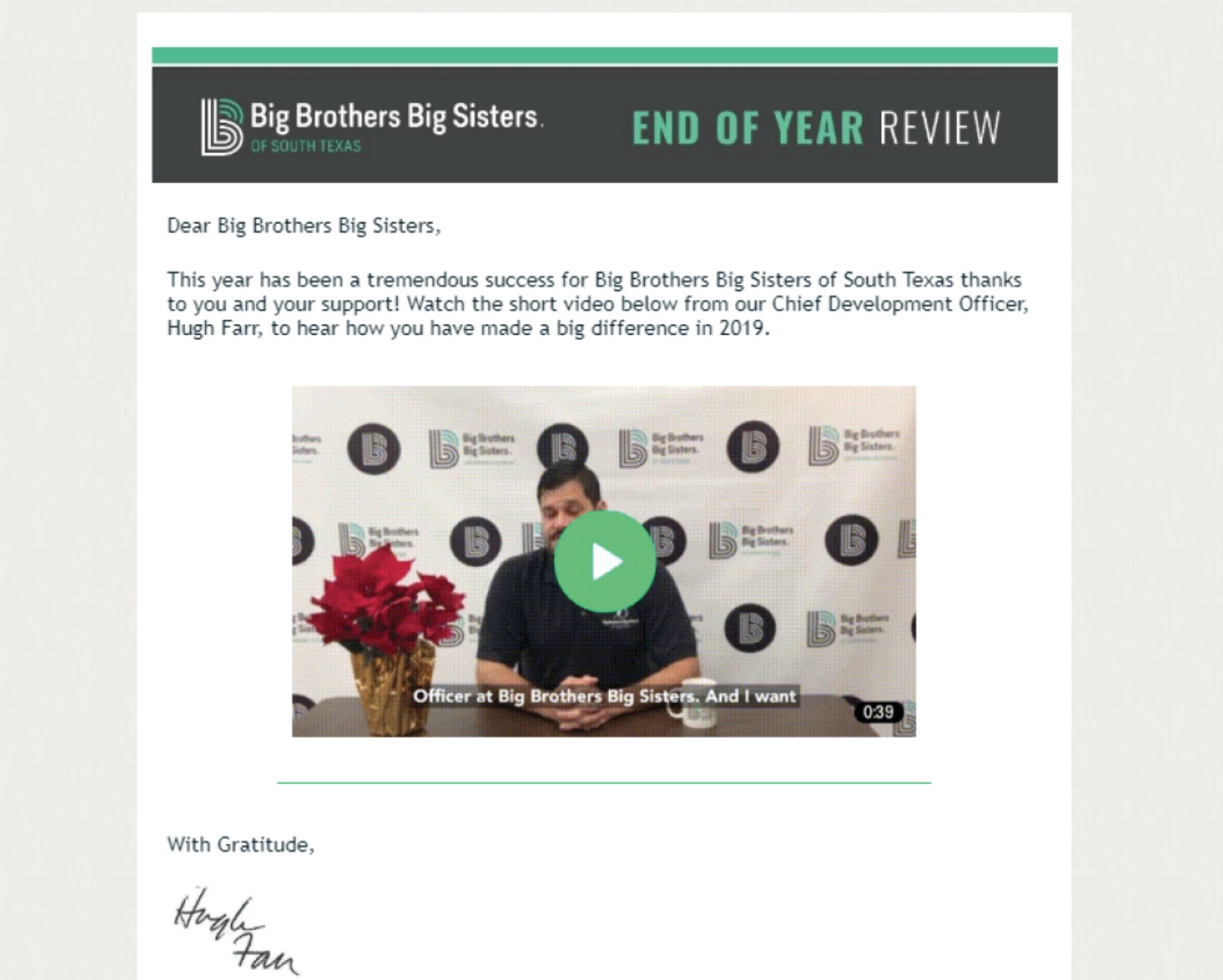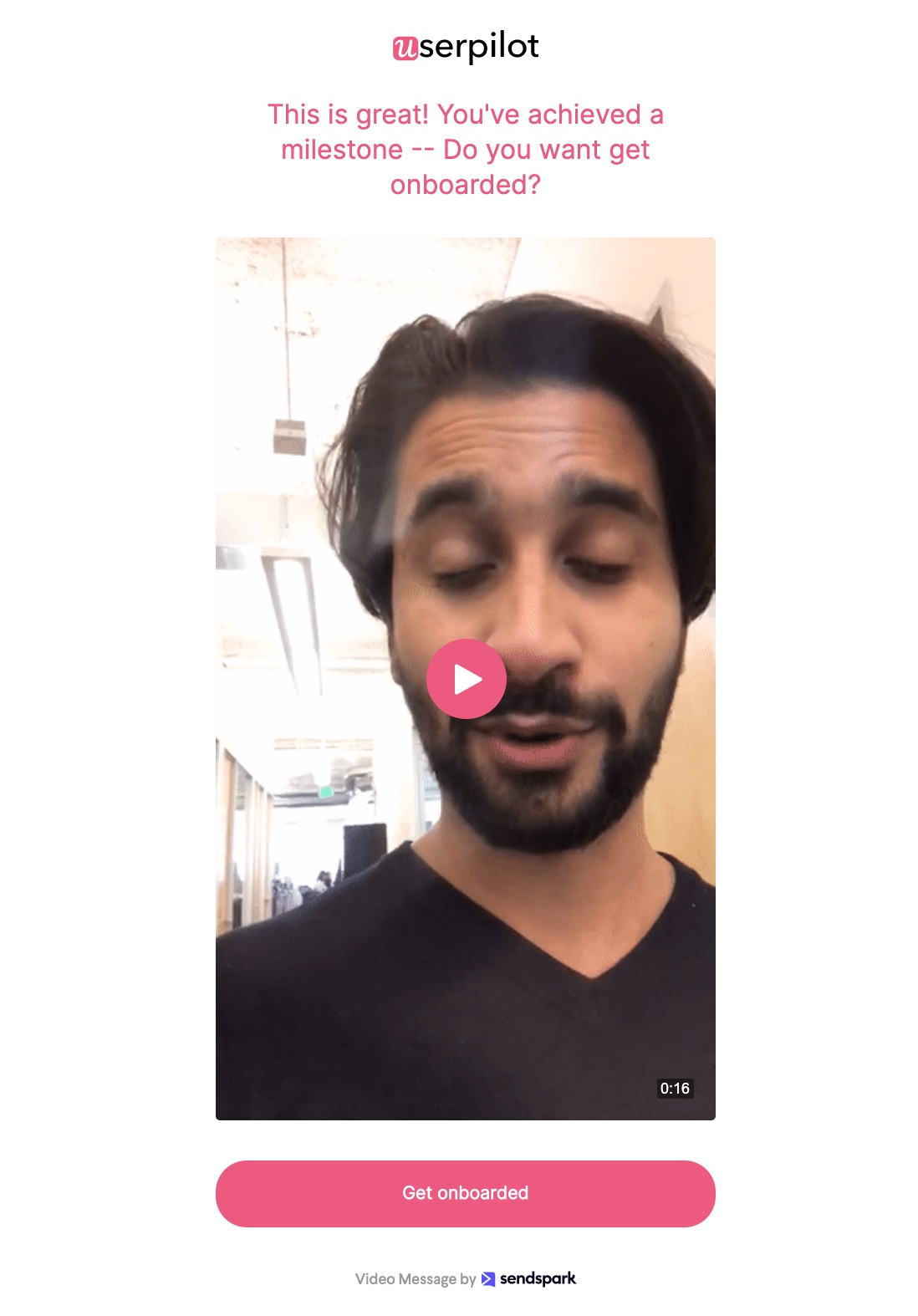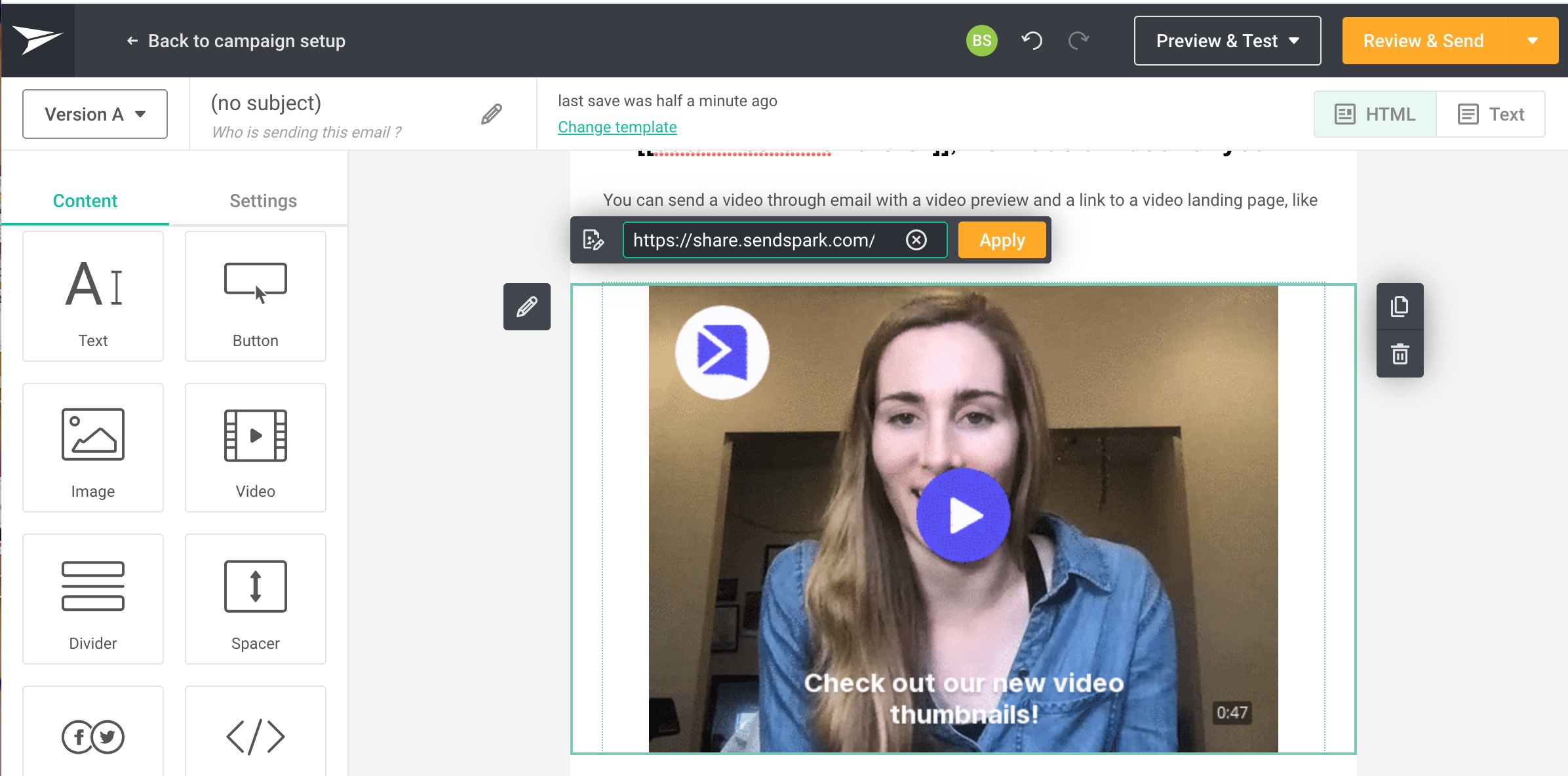
Video marketing is one of the most powerful ways to connect to customers online. Especially as the world is shifting towards remote, online video provides a human-to-human lifeline for marketers to engage customers, show value, and drive more business online.
Whether you’re a beginner or looking to level up your video marketing strategy, this article will help you use video effectively across key digital marketing channels.
Table of Contents
Benefits of video marketing
Video marketing is extremely effective for building personal relationships, driving purchase behavior and increasing conversion rates. 51% of marketing professionals worldwide name video as the type of content with the best ROI.
This might be due to the fact that 59% of executives believe that when both text and video are offered on the same subject, they are more likely to pick video. Or it could be that, according to Invodo, 52% of consumers feel that watching product videos gives them more confidence to make a purchase.
It’s no surprise that TikTok has the highest engagement rate of any social media app or that Zoom’s daily active users soared from 10 million to 200 million in just three months. Video is the preferred method of communication. Especially now, when face-to-face interactions are limited, video marketing is the best way to reach customers online.
Creating a video marketing strategy
When creating your video marketing strategy, it’s important to think about how all of your marketing channels work together as an integrated system.
You might want to use the same video across your website, social media, and email campaigns, but need to make tweaks to optimize the video for each channel. Planning ahead will help you create better, more versatile videos that will ultimately save time and resources.
Video landing pages
When a visitor lands on a page, you literally have seconds to capture attention and engage your visitor. It comes as no surprise that video not only increases the length of time viewers stay on a page, but also, video increases landing page conversions by 80% or more.
Whether your landing page is for an advertisement, upcoming event, or feature, video can help capture attention, show value, and inspire action.
Two types of videos are particularly effective on landing pages:
1. Product Videos
A product video shows how your business can solve a problem for customers. In a good product video, you will:
- State the problem.
- Introduce your solution.
- Explain why your product is better than alternatives.
- Explicitly state the benefits of your solution.
- Let viewers know how to get started.
To make a strong product video, you don’t need to spend a ton of money. While a high-production value video is great, an explainer video with a polished screen recording can be super effective – and a lot easier to update as time goes on and your product evolves!
2. Customer Testimonial Videos
In a customer testimonial video, your customer can say in their own words what their problem was and how your service helped them. Customer testimonials are great validation that your solution actually works!
A customer testimonial can either be the main focus of the page or off to the side of the page as supporting evidence. If the customer testimonial is the secondary focus, you should aim to keep the video short and concise. 30-45 seconds is perfect for the customer to explain their problem and share how your product helped.
If you’re unable to visit your customer in person to record the video, you can use a service like Sendspark Request Video to request customer testimonials from your users.
Video blogs
When it comes to blog posts, it can be more effective to show than tell. Using video in your content marketing provides the benefit of building a personal connection with your target audience, while also optimizing for SEO.
To make sure you’re capturing the full SEO value of your video and capable of appearing in video featured snippets in search engines, make sure to add the required Schema.org code to your blog post and submit an XML sitemap within Google’s Webmaster Tools.
Just like with written blog posts, there are a ton of types and styles that work well. Here are a few staples to start with, but feel free to be adventurous with your video marketing endeavors!
Product Announcements
Highlight new features with a explainer video showing your product in action. In the video, don’t just show features. Explain:
- Why you built the feature (did customers request it? To solve what problem?)
- How it works(and when should the customer use it in their workflow?)
- How it helps people (are there any tangible benefits you can share?)
💡 A pro-tip to creating evergreen marketing videos is to record the video sections individually, and merge them together. This way, you’ll be able to use individual pieces of the video in the future, even if the “just launched!” introduction is out of date.
Customer Case Studies
The blog can be a great place to dive into a customer success story. Unlike the testimonial snippet on the landing page, you will want to go further in depth here to tell the full story here.
When interviewing customers for testimonial videos, ask questions like:
- What was the original problem?
- Why did you choose your solution?
- What success did they have?
- How do they feel now?
Just like with the product video, a great strategy here is to ask each question individually, so it can be a standalone snippet for your video landing page or social media videos.
Interviews with Influencers
The blog is a great place to share information from industry experts. While “expert roundup” blog posts can be super effective at driving engagement, a video blog post can be even more engaging.
To create the videos, you can either use Zoom or any web conferencing software to record a live video where you interview the influencers, or you can request video snippets from your subjects and embed them in the blog post.
Both strategies have advantages. When you record the video live, you can dive deeper in questions and lead the narrative. When you request video snippets, you can repurpose videos for your content marketing strategy and use it across email and social media too. Ideally, you will do a combination of both!
Video marketing on social media
Video marketing is the most powerful way to engage your target audience on social media. Videos on social media generate 12 times more shares than text and images combined. And when videos go viral, they go viral. The Dollar Shave Club earned 4.75 million views by sharing a hilarious product video – Our Blades Are F***ing Great– on YouTube.
When it comes to social media, it’s important to adapt to the style of each platform while maintaining a consistent brand identity. Facebook, Twitter, LinkedIn, YouTube, and TikTok each have a unique flavor. You want to stand out – but also fit in.
On social media, the best way to be relevant is to engage in conversions that are already trending on the platforms. You can also shape your own conversations by sharing snippets from the product videos, customer testimonials, and influencer videos you already created.
Video marketing in email
Email is arguably the most effective way to reach your audience. Nearly every person in the world has an email address, and checks it at least once per day. Video can dramatically increase with email engagement, with…
- 200% increase in open rates
- 300% increase in click-through-rate
- 190%+ increase in revenue from email campaigns
There are many ways you can use video to increase email conversions and build personal connections with your audience.
1. Drive engagement to other video marketing campaigns
You can use email marketing to drive traffic to the other video marketing campaigns you have created. Send out an email with a short GIF preview showing people what is in store for them and make sure they are looking at the right video content.
2. Enhance newsletters
Make newsletters more personal with videos from the CEO, marketer, or subject matter experts in the organization.These videos are easily recorded with just your webcam or phone, and can increase engagement and revenue nearly 200%.
3. Video event or webinar invitations
Give a taste of what’s in store for an event with a personal video invitation. Whether it’s an in-person event or virtual event, you can introduce guest speakers, alleviate concerns, and get attendees excited for the event.
4. Video drip sequences
Humanize your automated email sequestions for welcome campaigns, on-boarding sequences, or nurture emails with videos that show the product in actual and build human relationships with the people on your team.
This short video email for Userpilot that automatically fires when someone installs the application doubled email open rates from 40% to 80%.
Sending videos in email can be complicated, because not all email clients support it and those that do use different video players. With bulk emails, your best bet is probably to add a GIF or image preview of the video in the email and make sure the call to action links back to a landing page.
You can use a platform like Sendspark to do the heavy lifting for you.With Sendspark do the heavy lifting for you, you can record, request or upload a video online, customize a video landing page and GIF thumbnail, and send then video through your email platform or choice.
Want to learn more about how to send videos in your email campaigns? Head over to our post ‘How to use video in your email marketing.
Good luck and happy recording!
A lot of the rules for video marketing are still being written. A massive shift is happening in the ways that people do work and consume content. Great marketers are figuring out new, creative ways to engage their audiences every day. The best way to stay ahead of the curve to keep your true objective in mind: How can you create authentic, valuable experiences for your audience?
Don’t worry if you’re having a bad hair day, or you can hear your dog barking behind you. Be authentic, be vulnerable, and do your best to connect like a human!
